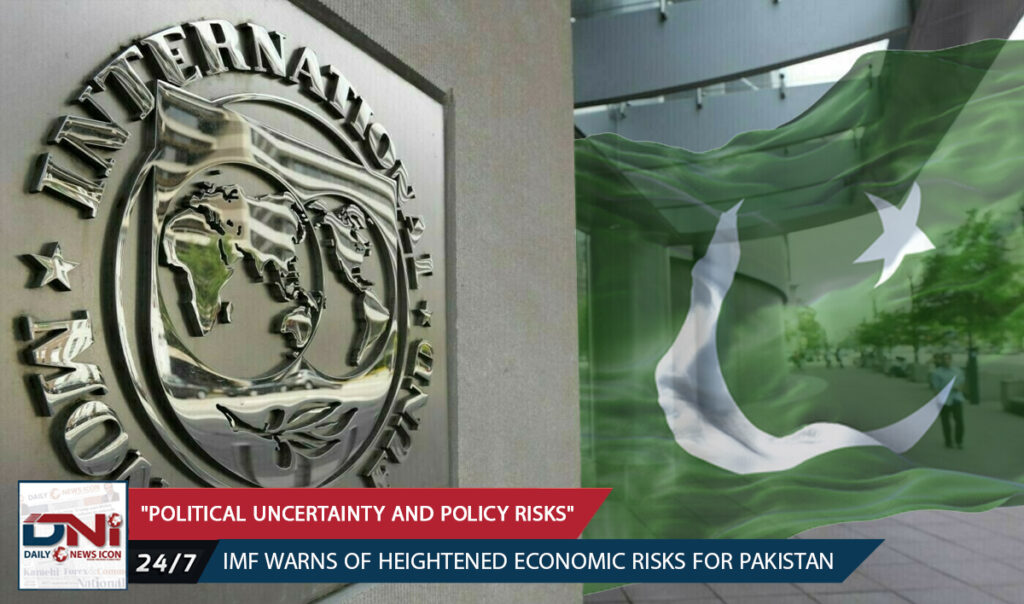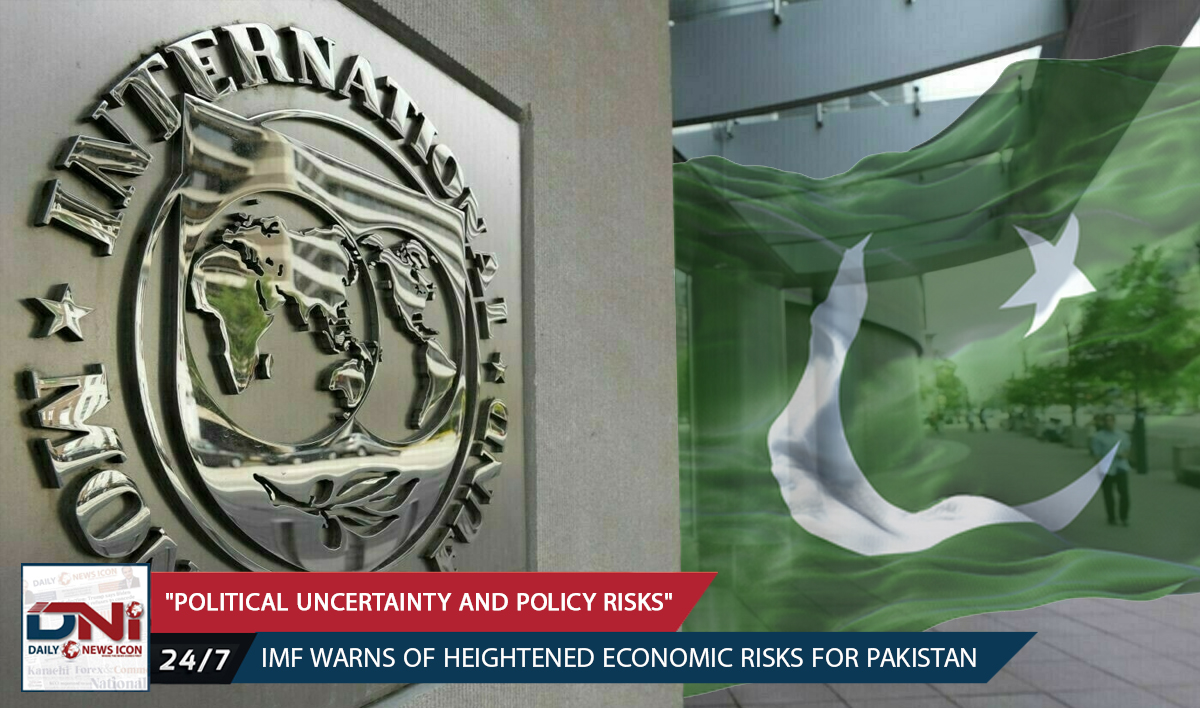
The International Monetary Fund (IMF) has issued a stark warning regarding the heightened downside risks facing Pakistan’s economy. In its recent staff report preceding discussions between the government and the IMF for a longer-term program, the IMF highlighted significant challenges.
Political Uncertainty and Policy Risks
The IMF report underscores the persistence of exceptionally high downside risks. Despite the government’s expressed commitment to continuing the standby arrangement (SBA) policies, political uncertainty looms large. This uncertainty poses a significant threat to economic stability.
Potential Policy Challenges
The IMF notes that political complexities and the high cost of living may exert pressure on policymaking. Any deviations from the agreed-upon policies, coupled with reduced external financing, could jeopardize efforts toward achieving debt sustainability and exert pressure on the exchange rate.
External Vulnerabilities
In addition to internal challenges, Pakistan faces external vulnerabilities. The IMF highlights the adverse impact of higher commodity prices, disruptions in shipping routes, and tighter global financial conditions. These factors could further strain the nation’s already precarious external stability.
Need for Timely Financing
Emphasizing the importance of timely post-programme external financing disbursements, the IMF stresses the necessity of adequate support to sustain economic stability and growth.
Recent Economic Developments
Despite recent stabilization efforts, Pakistan’s economy continues to grapple with significant challenges. While the completion of the short-term $3 billion programme last month helped avert sovereign default, Prime Minister Shehbaz Sharif has advocated for a fresh, longer-term programme to address persistent economic vulnerabilities.
Fiscal and Growth Concerns
Pakistan faces a high fiscal shortfall, and though import control measures have curbed the external account deficit, they have led to stagnating growth. With an expected growth rate of around 2 percent this year, compared to negative growth last year, Pakistan’s economic recovery remains fragile.
Future Engagement with IMF
Looking ahead, Pakistan is anticipated to seek substantial financial support from the IMF, aiming for at least $6 billion and additional financing under the Resilience and Sustainability Trust.
For more updates on business, finance, and technology in Pakistan and worldwide, follow Dawn Business on Twitter, LinkedIn, Instagram, and Facebook.
